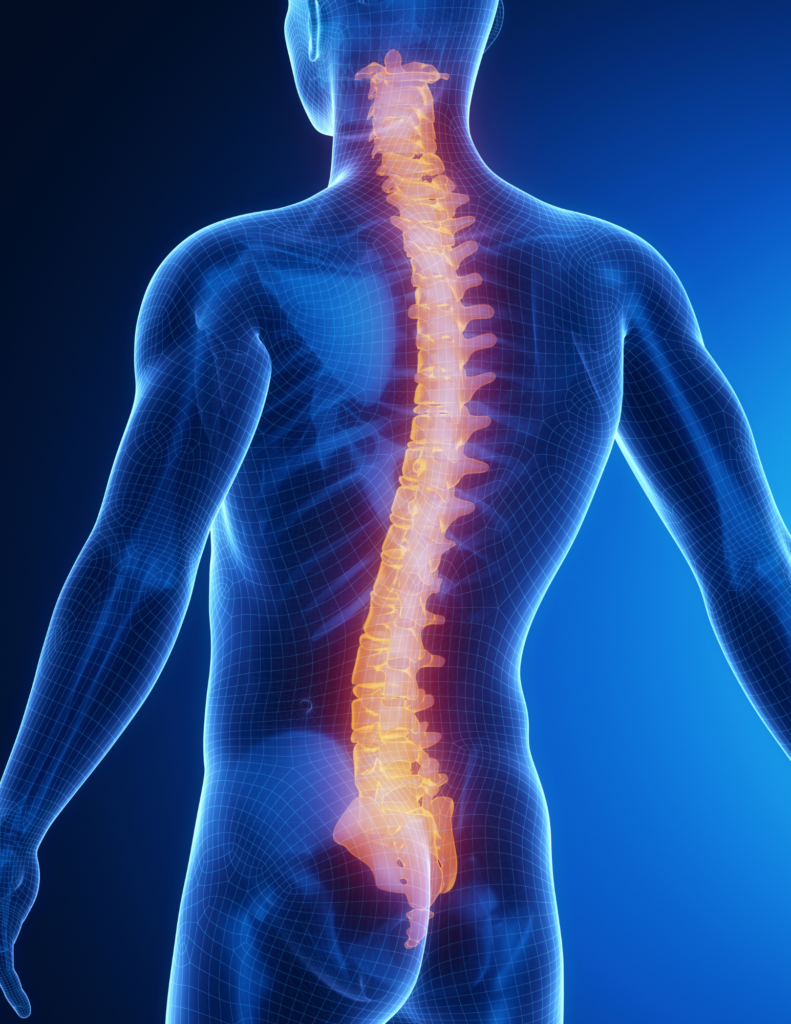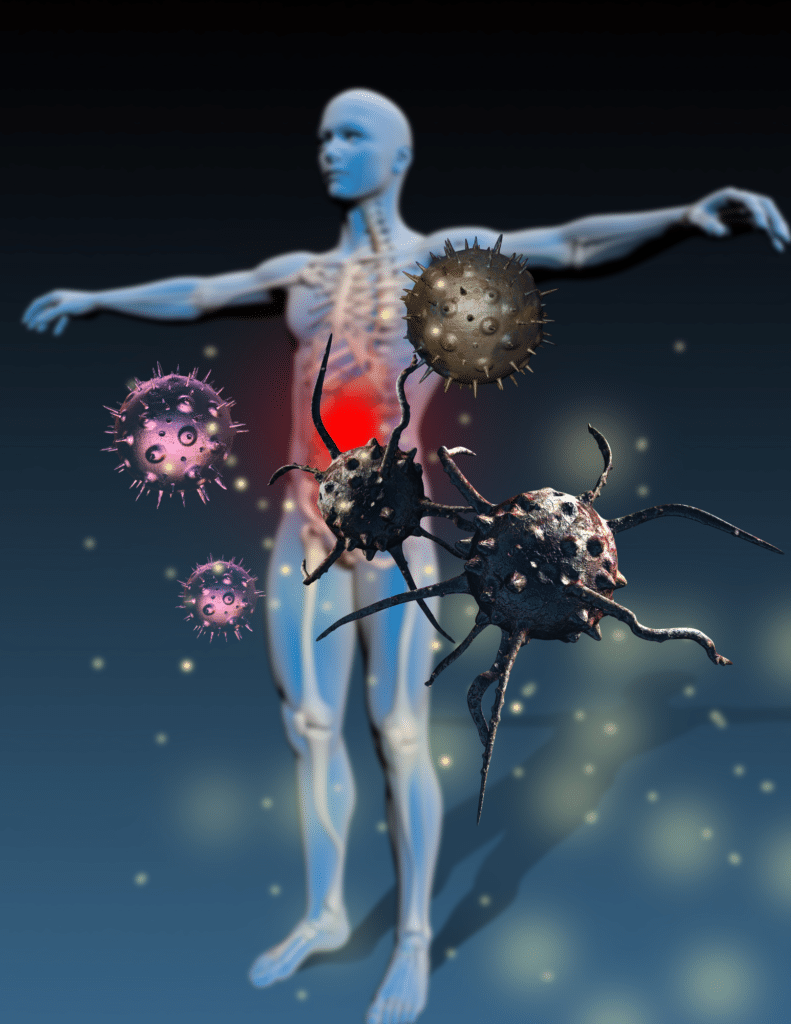Spinal degeneration, also known as degenerative disc disease (DDD), is a condition that affects the spine’s intervertebral discs, leading to pain, stiffness, and reduced mobility. But did you know that your immune system plays a crucial role in this process? In this blog, we will explore the connection between spinal degeneration and the immune system and how understanding this relationship can help in managing and treating the condition.
Understanding Spinal Degeneration
Spinal degeneration typically occurs as part of the natural aging process. The intervertebral discs, which act as cushions between the vertebrae, begin to lose their hydration and elasticity over time. This degeneration can lead to disc herniation, spinal stenosis, and other complications that cause pain and discomfort. While aging is a significant factor, other elements such as genetics, lifestyle, and injuries can accelerate the degenerative process.
The Role of the Immune System in Spinal Degeneration
Inflammatory Response

Autoimmune Reactions
In some cases, the immune system may mistakenly target the body’s tissues, viewing them as foreign invaders. This autoimmune response can lead to increased inflammation and degeneration in the spine. Conditions such as rheumatoid arthritis are prime examples where the immune system’s malfunction can result in severe spinal degeneration.
Managing Spinal Degeneration through Immune System Modulation
Understanding the connection between the immune system and spinal degeneration opens up new avenues for managing the condition. Here are some strategies to consider:

Anti-Inflammatory Diet
Medications
Physical Therapy and Exercise
Regular physical activity and targeted exercises can help maintain spinal health and reduce inflammation. Physical therapy can also provide techniques to strengthen the muscles around the spine, improving support and reducing the risk of further degeneration.
Chiropractic Care
Chiropractic treatments can help manage spinal degeneration by improving alignment and reducing pressure on the spinal discs. Regular adjustments can promote better spinal health and potentially mitigate the effects of degeneration.
Conclusion
The connection between spinal degeneration and the immune system is complex and multifaceted. While spinal degeneration is a common part of aging, understanding how the immune system influences this process can help in developing effective treatment strategies. By adopting a holistic approach that includes diet, exercise, medication, and therapies, individuals can better manage symptoms and improve their quality of life.
At Complete Care Physio, we are dedicated to providing comprehensive care for individuals dealing with spinal degeneration. Contact us today to learn more about our treatment options and how we can help you manage your spinal health effectively.

